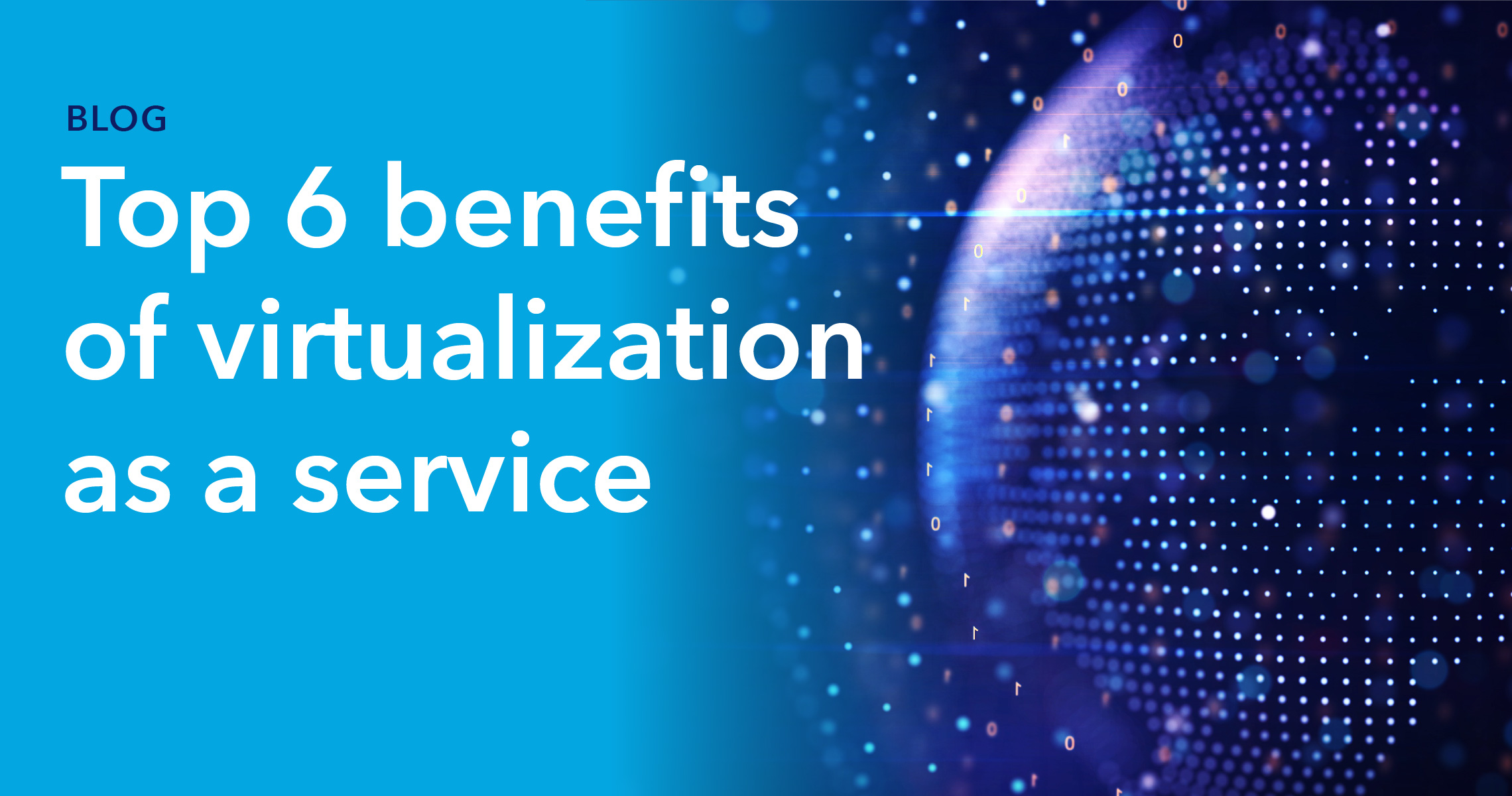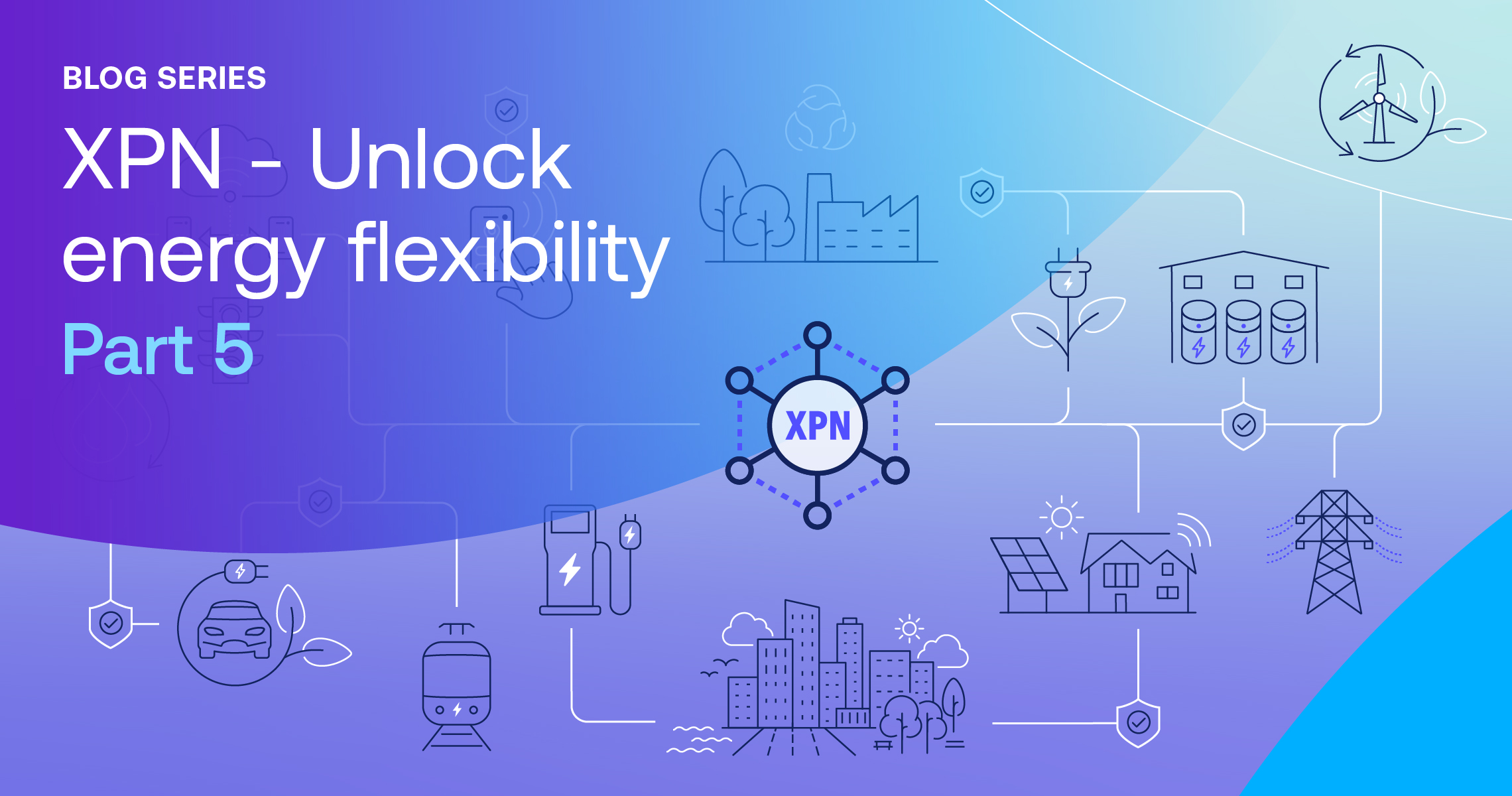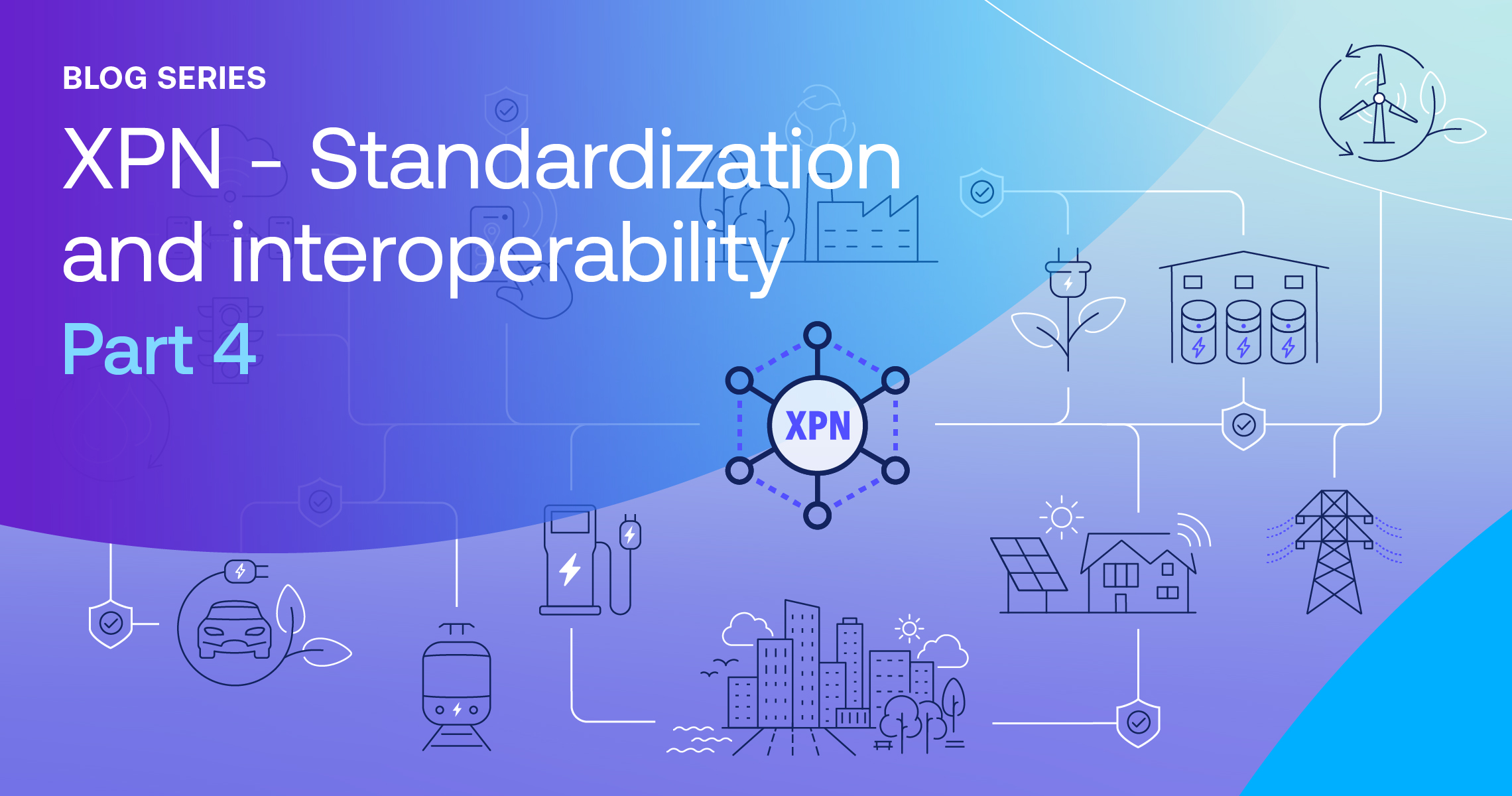Data operations, or DataOps, is the business function that brings speed, agility, and compliance to an organization’s data processes. A fully effective DataOps function would, in theory, implement a lightweight data framework that provides instantaneous real-time insights to decision makers without introducing extra business risk and at a low total cost of ownership.
Unfortunately, there are a number of data friction points that not only prevent DataOps from functioning effectively but also reduce its ROI, harming its business case and usefulness within an organization. Data virtualization as a service, which creates an intermediate virtual processing layer for performing data operations, may be a relatively new approach to data, but its value is quickly becoming obvious.
DataOps friction points and how virtualization as a service helps
Businesses expect their DataOps functions to run smoothly and, in most cases, are intolerant of inefficiency. Unfortunately, for organizations at all stages of data adoption, there are several obstacles that can slow down progress. Below are some of the biggest issues DataOps functions face and how virtualization as a service solves them.
Speed of data flows
DataOps processes are slowed down by the ETL processes that have to be performed before analysis. The dispersed nature of an organization’s data storage means that data needs to be brought together for analysis, which costs time and money. There are also significant time-to-market issues as storage architecture and dataflows require significant planning to set up and implement.
How virtualization as a service helps
By creating an intermediate virtualized data layer, a data platform allows any data to be queried, in a unified format, no matter where it’s actually stored, effectively removing the need for costly data migrations. Additionally, virtualization doesn’t require expensive, specialized architecture. Instead, it provides a drop-in solution that can immediately operate across all existing data assets.
High costs
Currently, DataOps functions represent a significant outlay of resources in terms of personnel, data storage, hardware, and software licensing. Ineffective data flows and architecture also reduce the potential value of time-sensitive data, and maintaining data governance protocols can be expensive.
How virtualization as a service helps
There are a number of ways that data virtualization improves DataOps ROI. These include savings in the planning processes for data, lower operational expenditure (OPEX) from reducing data friction in ETL processes, and improving productivity across the organization.
Data governance and access
Data governance covers a broad range of issues around data access, including what data can be used for, which data can be shared, what consent has been obtained for specific operations, and how long it can be stored. Poor data governance can lead to serious regulatory fines (under laws such as the GDPR and CCPA) and negatively impact consumer confidence.
How virtualization as a service helps
Creating easier and more secure data governance capabilities for DataOps admins is one of the greatest advantages of data virtualization as a service. By allowing the enforcement of granular data governance protocols, down to the row and column level, access can be optimized to ensure complete compliance, both with relevant regulations and internal risk management frameworks.
Data security
Data is the main target of most cyberattacks, and distributed data storage and varying governance policies can introduce significant attack risk. Not only is the attack surface expanded, but data administrators might not have a complete record of what and where data is being held. With the average cost of a data breach being nearly $4 million, data security is a major factor in any risk planning matrix.
How virtualization as a service helps
A data virtualization platform creates an interoperable layer for data analysis and adds an extra security layer through improved identity and access management. This prevents unauthorized accounts, which may have been taken over during attack, from gaining access to data. A virtualized data platform also enables greater security auditing to identify all users who have accessed data in the case of a breach.
Data collaboration
Data sharing is a valuable asset for businesses looking to combine knowledge to create synergies and improve services. Unfortunately, with tight data regulations, collaborating with any other party can increase the chance of data breaches.
How virtualization as a service helps
Data analysis in a virtualized data platform is performed in secure execution containers, allowing third-party applications, partners, and system integrators to all connect data sources together in a highly controlled operation and without those partners ever having access to core organizational data.
Agile integration
DataOps follows Agile methodology, requiring fast data flows between leading edge and core operations and back again. Currently, data integration accounts for 50% of costs and time in data operations which still doesn’t deliver the data velocity required for an effective and Agile DataOps function.
How virtualization as a service helps
A virtualized data layer is a perfect accompaniment to Agile operations, as even data from widely dispersed functions can be virtualized for analysis. This means iterations can be planned and launched more quickly, resulting in greater insight velocity and improved team flexibility.
Achieve your full potential
Virtualization as a service is the tool DataOps needs to achieve its full potential. By creating a virtualized layer that sits over all stored data assets, data can be accessed instantly and organizations can empower Agile methodologies to obtain faster insights. Virtualization as a service also means organizations can use cheaper storage options and removes the necessity for expensive ETL operations.
To find out more about how Intertrust Platform, a virtualization as a service solution, is helping DataOps deliver faster insight at an improved ROI and with lower setup costs, read more here or talk to our team.
About Abhishek Prabhakar
Abhishek Prabhakar is a Senior Manager ( Marketing Strategy and Product Planning ) at Intertrust Technologies Corporation, and is primarily involved in the global product marketing and planning function for The Intertrust Platform. He has extensive experience in the field of new age enterprise transformation technologies and is actively involved in market research and strategic partnerships in the field.




